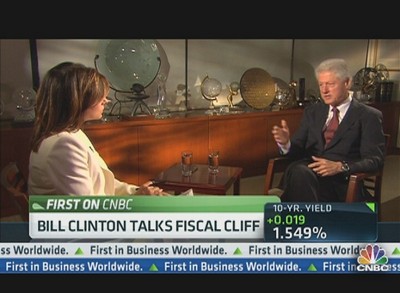After a 2-1/2-hour conference call of the 17 finance ministers, which several sources described as heated, the Eurogroup and Madrid said the amount of the bailout would be sufficiently large to banish any doubts.
"The loan amount must cover estimated capital requirements with an additional safety margin, estimated as summing up to 100 billion euros in total," a Eurogroup statement said.
Spain said it wanted aid for its banks but would not specify the precise amount until two independent consultancies - Oliver Wyman and Roland Berger - deliver their assessment of the banking sector's capital needs some time before June 21.
"The Spanish government declares its intention to request European financing for the recapitalisation of the Spanish banks that need it," Economy Minister Luis de Guindos told a news conference in Madrid.
He said the amounts needed would be manageable, and that the funds requested would amply cover any needs.
A bailout for Spain's banks, beset by bad debts since a property bubble burst, would make it the fourth country to seek assistance since Europe's debt crisis began.
With the rescue of Greece, Ireland, Portugal and now Spain, the EU and IMF have now committed around 500 billion euros to finance European bailouts.
Washington, which is worried the euro zone crisis could drag the U.S. economy down in an election year, welcomed the announcement.
"These are important for the health of Spain's economy and as concrete steps on the path to financial union, which is vital to the resilience of the euro area," Treasury Secretary Timothy Geithner said.
Heated debate
Officials said there had been a heated debate over the International Monetary Fund's role in Spain's bank rescue, which Madrid wanted kept to a minimum. It will not provide any of the money.
In the end it was agreed that the IMF would help monitor reforms in Spain's banking sector, while EU institutions would ensure Spain stuck to its broader economic commitments.
IMF Managing Director Christine Lagarde said the euro zone's plan was consistent with the IMF's estimate of the capital needs of Spain's banks and should provide "assurance that the financing needs of Spain's banking system will be fully met."
Sources involved in the talks said there had also been pressure applied on Madrid to make a precise request right away, but Spain had resisted. Read more


